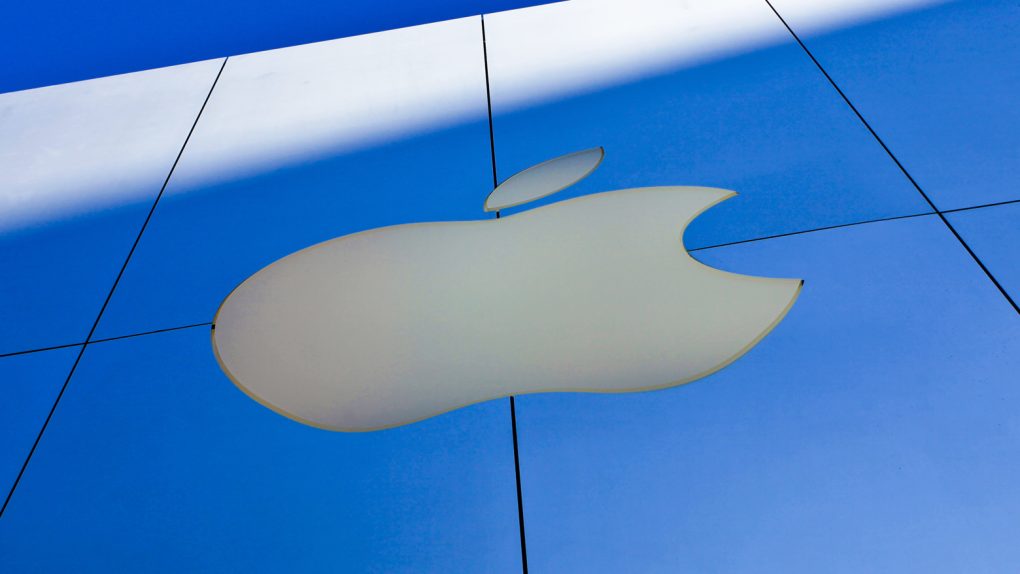The iPhone 8 is supposed to be a huge moment for Apple. Not only is it going to be the 10th iPhone launched, the marker of a decade of improvement, it’s supposed to be a massive step forward in iPhone design that will break Apple out of its current boring design rut.
By all accounts and according to the pages of leaks we already have, that’s entirely accurate. But unfortunately for Apple, this all only works if people get the memo that the iPhone 8 is the revolutionary Next Big Thing. And that doesn’t seem to be happening.
A survey from Piper Jaffray says that consumers aren’t any more hyped for — or any more likely to buy — the iPhone 8 compared to the iPhone 7 last year. In a note to investors published today, Jaffray analyst Michael J. Olson said that consumers are about as excited for this year’s iPhone launch as they were for the iPhone launch last year. That’s bad.
“We surveyed >400 U.S. iPhone users and found that 16 percent expect to upgrade to a new iPhone this Fall, compared to 15 percent last year, while 24 percent will ‘maybe’ upgrade vs. 29 percent last year,” Olson said. “We also found that the % of iPhone users on a version two years or older (at time of upgrade) is almost identical (66% vs 67%) compared to our 2016 survey.”
On the face of it, this could be really terrible news for Apple. The company’s stock price is currently riding a wave of anticipation before the iPhone 8 launch, and analysts are predicting a “supercycle” of iPhone upgrades will drive huge revenue growth for Apple.
Even the notoriously tight-lipped Apple has suggested that the iPhone 8 upgrade cycle is going to be bigger than usual. CEO Tim Cook told analysts in May that “in general, we’re seeing what we believe to be a pause in purchases on iPhone, which we believe are due to the earlier and much more frequent reports about future iPhones. And so that part is clearly going on, and it could be what’s behind the data. I don’t know, but we are seeing that in full transparency.”
In other words: iPhone 7 sales were slower than anticipated, and Apple’s best guess as to why is that people were deferring the upgrade and waiting for the iPhone 8 instead. But the Jaffray study says the opposite, that just as many people are expecting to upgrade this year as did last year for the “boring” iPhone 7.
Now, there are some potential saves for Apple here. The most obvious explanation is that most people don’t closely follow iPhone leaks, so they’re not yet more excited for the iPhone 8. That could change if the phone proves to be as exciting as some people have suggested: the zero-bezel display could sufficiently wow people that we have lines around the block again.
The Jaffray study also only looks at US iPhone users, who only make up about 35% of annual iPhone sales. In China, Southeast Asia, and Europe, Apple has been hit harder by the perception that it’s falling behind in iPhone design. Chinese and Korean users are more likely to go for Android devices with big screens and fancy bezels, and so are more likely to see the iPhone 8 as a major upgrade. Jaffray’s study doesn’t capture that difference at all.










